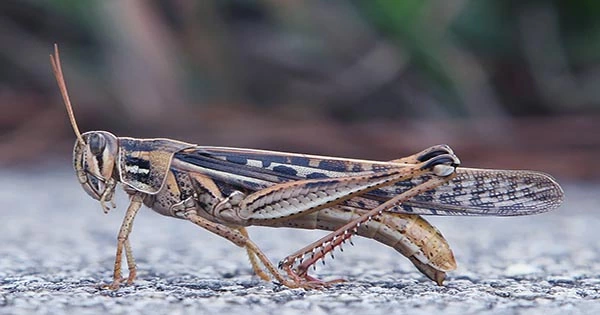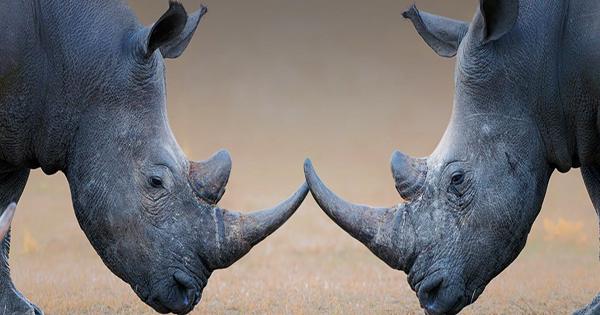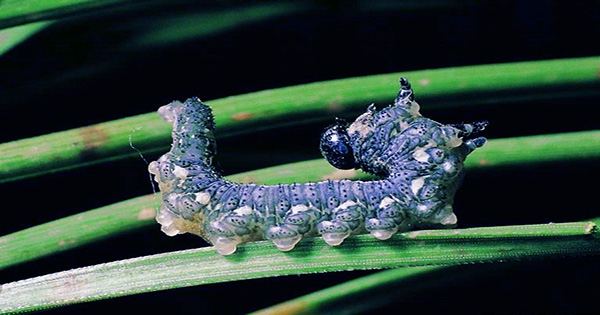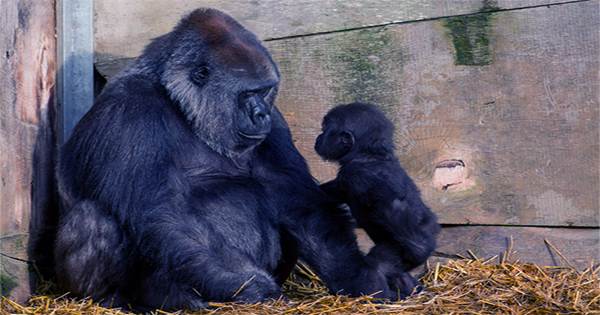Although a post-coital catapult may not seem like the most pleasant pillow chat, it is a matter of life and death for males of the orb-weaving spider Philoponella prominens. These spiders will ping themselves into the ether to escape becoming meal for females who would otherwise kill and consume them, according to researchers. The odd escape method is documented in a new research published in Current Biology, which looks at how they utilize their first pair of legs to push themselves away from their partners and to safety once they’ve finished. The incredible speeds these spiders attained, believed to be up to 88 millimeters per second, may indicate the haste (34.6 inches per second).
The spider’s tibia-metatarsus joint, which they fold against the female, facilitates the post-sex acrobatics. After mating, the limbs are freed, and hydraulic pressure causes them to expand rapidly, propelling the male through the air. The authors of the research discovered that recording the unique method was difficult due to the equipment’s inability to keep up with the catapulting rates. “We discovered that mating was always followed by a catapulting, which happens so quickly that typical cameras can’t capture the details,” said lead scientist Shichang Zhang of Hubei University in China.
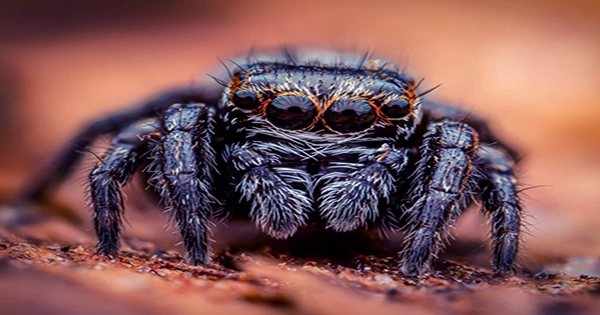
The behavior was initially noticed by the authors when researching sexual selection in P. prominens, which dwell in communal groups of up to 300 spiders in a single web complex. They then set up cameras to get a better look at what happened when the guys were prevented from catapulting by a fine painting brush. All of the males who hurled after sex lived, accounting for 152 of the 155 successful mating attempts recorded. The three people who failed to catapult were killed. Thirty more perished after being prohibited from catapulting after mating, demonstrating the behavior’s importance as a means of preventing sexual cannibalism, according to the researchers.
“The most striking finding is that male catapults outperform female catapults in terms of kinetic performance,” Shichang Zhang told IFLScience. “The male’s body length is little approximately 3 millimeters [0.12 inches], and the first catapulting speed can reach 82cm/s.” Imagine a guy standing 1.8 meters [5.9 feet] tall catapulting 530 meters [1,738.85 feet] in a single second! That’s how a male spider behaves.”
Flying away at such high speeds with less than a second’s warning may appear to be a dangerous escape strategy, but male spiders were discovered to have another trick up their sleeves. “When men walk on the webs of females, which are anchored on the web silk of females, they draw silks from their spinnerets, and when females attack them, they slip down, hanging on the silk,” Zhang added. “It’s the so-called’safety line’… Males will be suspended by the safety lines after being catapulted so that they do not fall to the earth. Later, they will return to females’ webs to continue mating, or they may move to other females’ webs to look for mating opportunities.”
While it’s easy to take a sexual partner’s departure at such rates personally, it’s difficult to fault the male spiders’ conduct in light of the fact that if they wait around for the afterglow, they’ll most likely die. Next, the scientists want to see if there’s a link between a male’s catapulting skill and his reproductive success. Sure, sex is pleasurable, but have you ever experienced “afterglow”? It’s the warm, fuzzy sensation you receive after having a pleasant sexual encounter, for those of you who aren’t aware.
